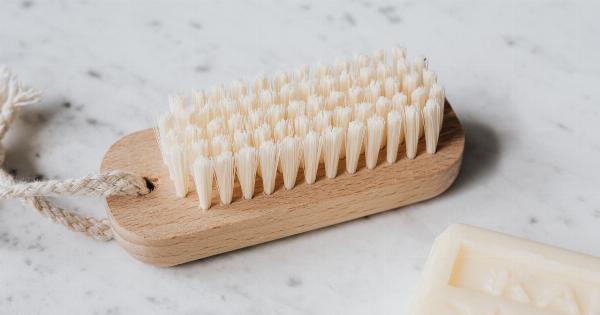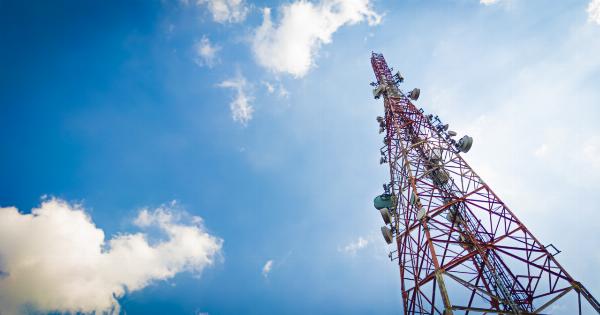A pacemaker is a small electronic device that is implanted in the body to help regulate the heartbeat. It uses electrical pulses to keep the heart beating at a steady pace.
Many people with pacemakers rely on mobile phones for communication, but there is concern about the possible interference between the two devices. In this article, we will explore whether it is safe to use a mobile phone with a pacemaker and what precautions should be taken.
Understanding Pacemakers
Pacemakers are commonly used to treat various heart conditions, including irregular heart rhythms and slow heartbeats. These devices are surgically inserted under the skin in the chest and are connected to the heart through wires.
Pacemakers constantly monitor the heart’s rhythm and deliver electrical impulses when necessary to maintain a regular heartbeat.
The Concern with Mobile Phones
Mobile phones emit electromagnetic fields (EMFs) that can potentially interfere with pacemakers.
The concern is that the EMFs emitted by mobile phones may disrupt the normal functioning of the pacemaker, leading to irregular heart rhythms or other complications.
Evidence and Studies
Several studies have been conducted to assess the potential risks of using mobile phones with pacemakers. The overall consensus is that the risk is minimal, but some precautions should still be taken to ensure safety.
One study published in the Journal of the American Medical Association found no adverse effects when mobile phones were placed directly over pacemakers.
However, the study did recommend keeping the mobile phone at least six inches away from the pacemaker to minimize any potential risks.
Another study published in Pacing and Clinical Electrophysiology examined the effects of mobile phone radiation on pacemakers.
The study concluded that there was no significant interference when mobile phones were used at a distance of six inches or more from the pacemaker.
Precautions to Take
Although the risk of interference is minimal, it is still recommended to take certain precautions when using a mobile phone with a pacemaker:.
1. Keep a Safe Distance
As mentioned in the studies, it is advisable to keep the mobile phone at least six inches away from the pacemaker. This distance helps minimize any potential interference and ensures the pacemaker functions properly.
2. Use the Opposite Ear
To further reduce any potential risks, it is recommended to use the mobile phone on the opposite side of the pacemaker. For example, if the pacemaker is implanted on the left side of the chest, hold the mobile phone to the right ear.
3. Avoid Strong Electromagnetic Fields
Avoid using the mobile phone near devices that generate strong electromagnetic fields, such as microwave ovens or high-power electrical equipment. These fields can potentially interfere with the pacemaker’s functioning.
4. Be Cautious with Accessories
Some mobile phone accessories, such as wireless chargers or magnetic phone cases, may generate electromagnetic fields. It is best to avoid using such accessories or consult with the pacemaker’s healthcare provider before using them.
5. Follow Manufacturer Guidelines
Always follow the manufacturer’s guidelines and recommendations for both the pacemaker and the mobile phone. These guidelines are specifically designed to ensure the safe operation of both devices.
Consult with a Healthcare Provider
If you have a pacemaker and are concerned about using a mobile phone, it is always best to consult with your healthcare provider.
They can provide personalized advice and guidance based on your specific medical condition and the type of pacemaker you have.
Conclusion
Using a mobile phone with a pacemaker is generally considered safe, with minimal risk of interference. However, it is still important to take precautions to ensure the proper functioning of both devices.
Keeping a safe distance, using the opposite ear, avoiding strong electromagnetic fields, being cautious with accessories, and following manufacturer guidelines are essential for maintaining safety. As always, consulting with a healthcare provider is recommended for personalized advice.































